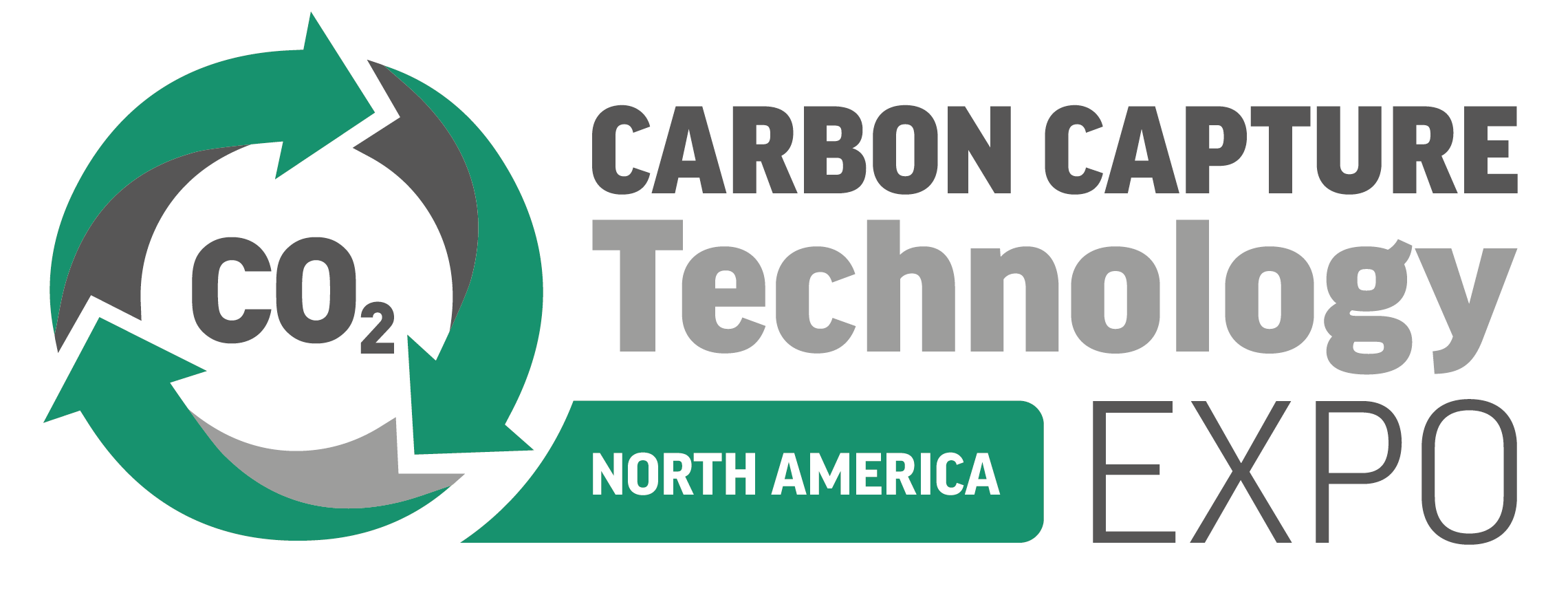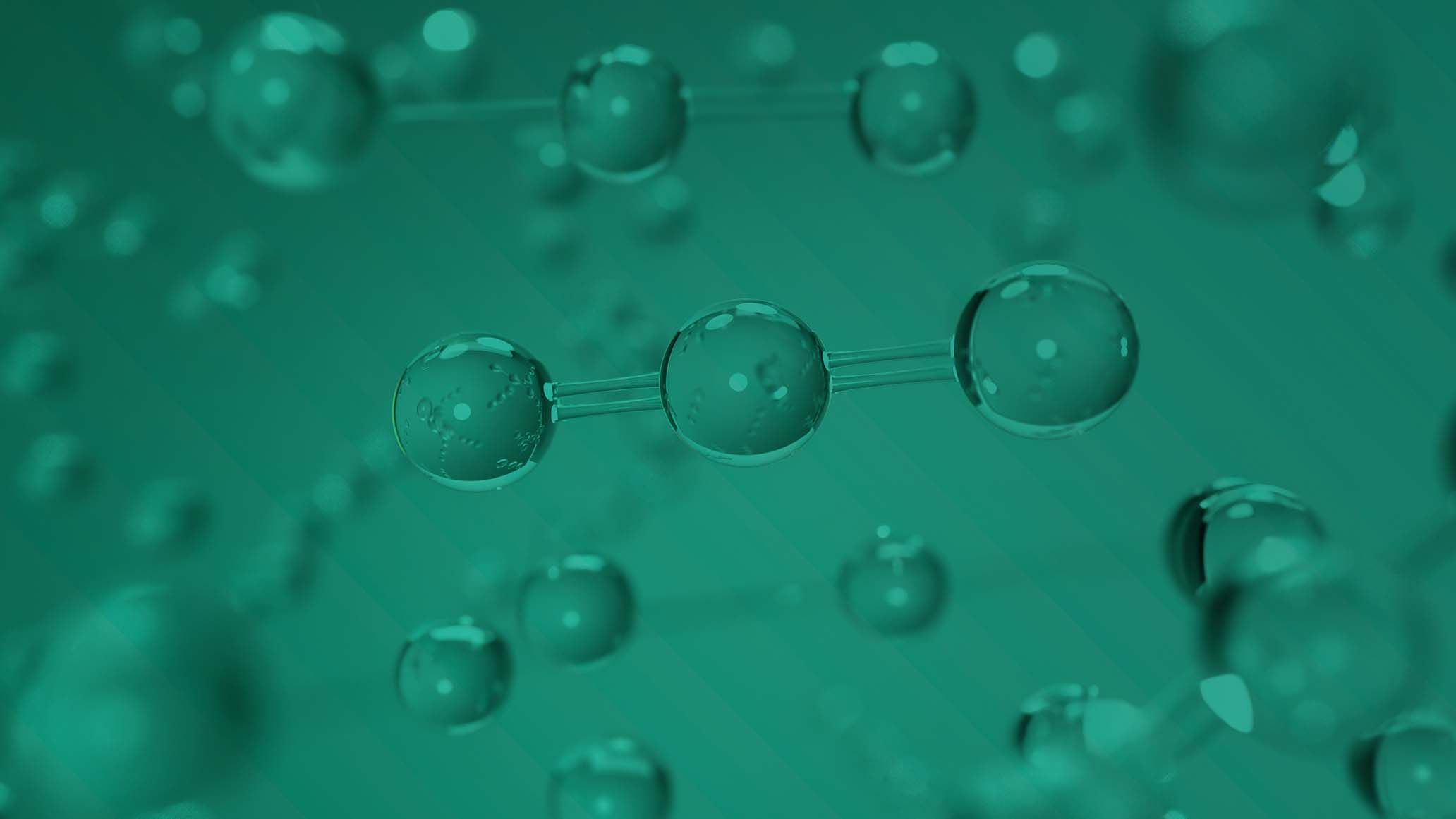Santos and SK E&S agree to work on a low-carbon hub in Darwin and cross-border CCS
)
After the Co2 storage permit was awarded to the Bonaparte basin off the coast of Western Australia for their G-11-AP, in 2022. Santos and SK E&S, the Korean energy company, announced their Memorandum of Understanding (MoU) stating their plan to create a low-carbon hub in Darwin.
Along with the new hub which will be located within the Norther Territory, Santos and SK E&S are also working together to gain more Co2 storage, such as the Bayu-Undan field. Furthermore, the two companies aim to establish a transboundary business model which will eventually result in the ability to aggregate and transport Co2 from Korea to Australia, where it will be stored safely and securely underground.
This is a huge step forwards for the companies and for the environment, and this was emphasised by the CEO and Managing Director of Santos, Kevin Gallagher, who said the MoU highlighted the important role CCS is expected to play in decarbonising the large energy-consuming economies of Asia.
Gallagher commented, “Just as Australia has been a reliable energy producer for Asian economies for more than half a century, there is an enormous opportunity for Australia to be at the forefront of helping them decarbonise using our natural competitive advantage in carbon storage resources and knowhow. The International Energy Agency 2023 Net-zero update says about 6GTpa of storage from CCS will be required by 2050 – that’s about 100 times higher than today’s operational capacity.
The Agency recently noted, “Australia is well-suited to large-scale deployment of CCS to facilitate domestic CO2 abatement and support regional emissions reductions.”
Gallagher continued, “As demand for CO2 transport and storage continues to grow, Santos and SK E&S intend to collaborate under the terms of the MOU to work with relevant governments to urgently progress the necessary regulatory, fiscal and carbon credit frameworks required to support international collaboration on CCS to decarbonise our region. We know a large scale-up of CCS is required to meet the world’s climate objectives and Santos has the technology, infrastructure and knowledge to be able to deliver low-cost CCS competitively on a global scale.”
Mr Gallagher also mentioned that the agreement occurred after the signing of four other MOUs with third parties for carbon capture and storage at Santos’ proposed Darwin and Bayu-Undan CCS Hub, indicating strong customer-led demand for CCS as a relatively low-cost decarbonisation solution.
Gallagher added, “These MOUs complement a further MOU with Timor-Leste’s national oil company, TIMOR GAP, to explore partnership opportunities for the proposed Bayu-Undan CCS. CCS is a proven technology that is critical to achieving climate goals throughout the region and executing these MOUs demonstrates the increasing demand for CCS and the broad acceptance of CCS as a decarbonisation strategy. Santos is making excellent progress on our planned three-hub CCS strategy with our Moomba CCS project on track for first injection in 2024, front end engineering and design at Bayu-Undan CCS nearing completion, and plans for Reindeer, offshore Western Australia, continuing to progress.”



)
)
)
)
)
)
)



)
)
)
)
)
)
)
)
)
)
)
)
)
)
)
)
)
)
)
)
)
)

)

)
)
)

)
)
)
)
)
)
)
)
)
)
)

)

)
)
)
)
)
)
)
)
)
)


)
)
)

)
)
)

)
)
)
)
)
